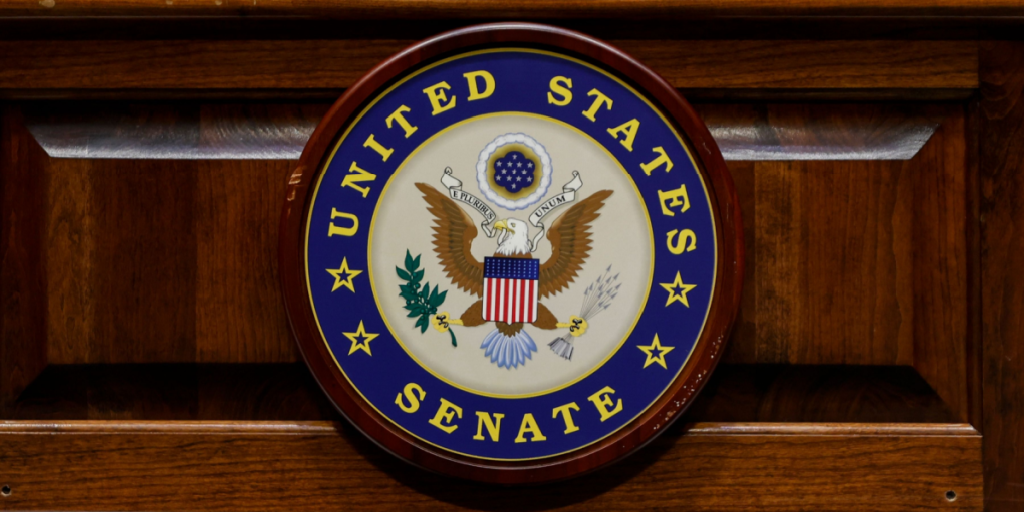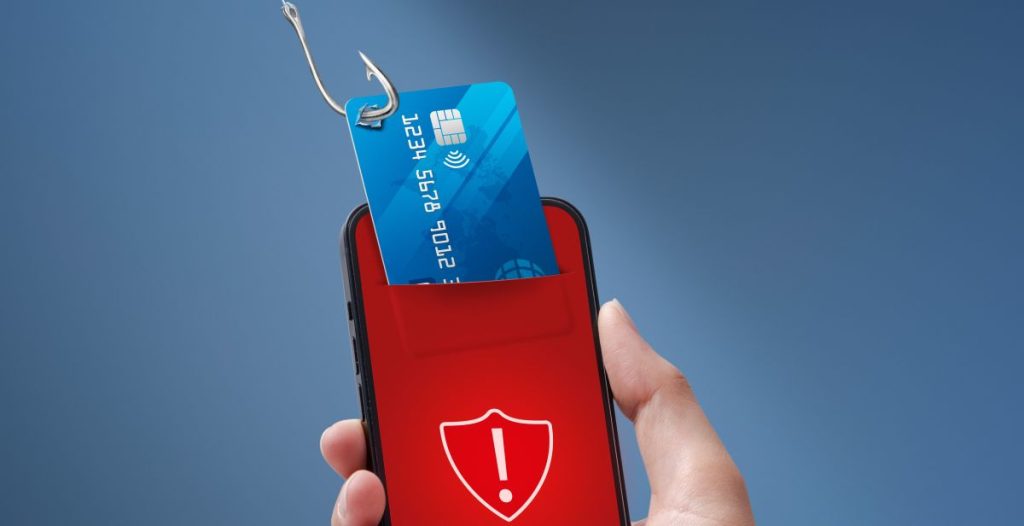No, it’s not just you—and it’s getting worse. New data shows that Americans are targeted by more scam calls and messages than any other population globally, and younger generations are increasingly falling victim.
Others are reading now
No, it’s not just you—and it’s getting worse. New data shows that Americans are targeted by more scam calls and messages than any other population globally, and younger generations are increasingly falling victim.
A global problem, but America leads

Scams are a worldwide issue, but Americans top the charts. Studies show U.S. residents receive more than 100 scam attempts per month—more than any other country.
The numbers behind the surge

Consumer Reports’ latest digital assessment reveals a 50% jump in scam texts and messages in just one year. In comparison, people in the UK face around 84 scam attempts monthly, while Australians see half as many as Americans.
Gen Z in the crosshairs

Younger generations, especially Gen Z, are now being heavily targeted. Their communication habits—such as frequent group chats—make it easier for scammers to blend in.
Why Gen Z is vulnerable

With less experience spotting fraud and heavy use of instant messaging and mobile banking, Gen Z users are more likely to be tricked by fake texts or phishing links.
Also read
Scams are becoming more convincing

Thanks to AI and machine learning, phishing attacks now mimic real messages more effectively. Scammers are also deploying fake apps that mimic trusted platforms.
Most people feel unsafe

According to polling, about 75% of global respondents feel more concerned about their digital privacy now than five years ago. Yet only a quarter feel confident spotting scams.
AI is fueling the fraud boom

New AI tools help criminals craft highly personalized messages, mimicking friends, banks, or even government agencies with alarming realism.
Scams are becoming normalized

For many—especially younger users—small-dollar scams are so frequent they feel like a routine annoyance rather than a serious threat.
Regulation is falling behind

Despite the growing threat, major regulatory efforts are being blocked. A recent U.S. bill aimed at curbing data abuse was halted in the Senate.
Also read
Consumer protections weakening

The FCC is scaling back consumer protection plans, even as scam techniques grow more sophisticated. Industry deregulation may leave users even more exposed.
What you can do

With government action stalled, personal cybersecurity is crucial. Use password managers, enable multifactor authentication, and block browser trackers to stay safer online.


